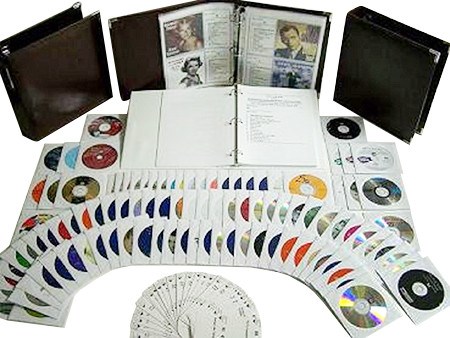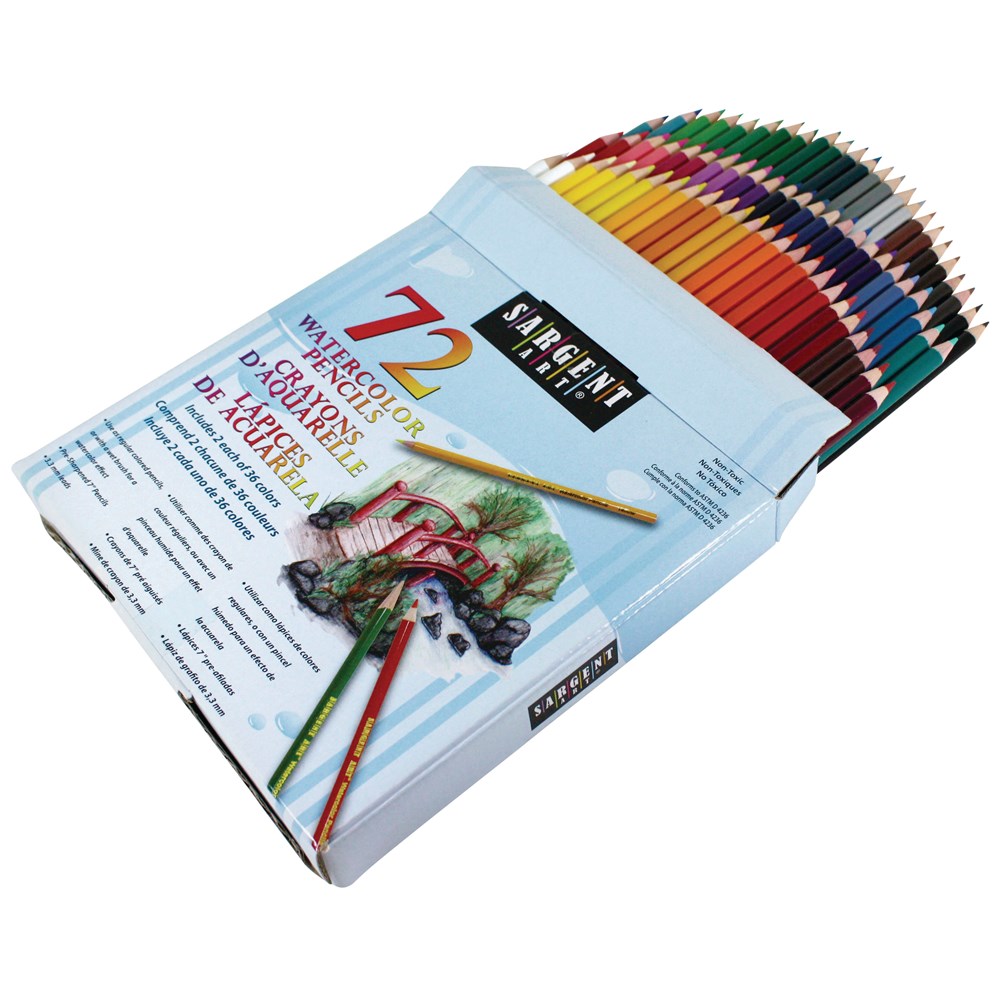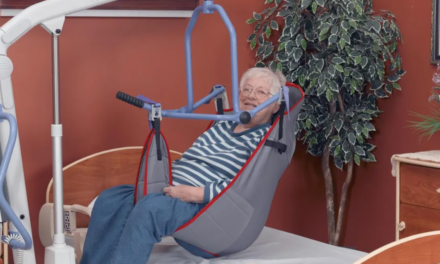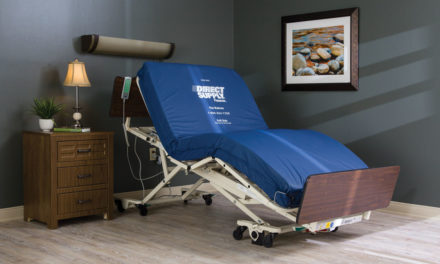Caring for residents with dementia or Alzheimer’s isn’t an easy task under normal circumstances. With additional safety measures like social distancing and isolation currently at the forefront of senior care due to the novel coronavirus, catering to your memory care residents has become even more of a challenge. How can you effectively communicate the changes to your residents’ everyday routines as a result of COVID-19?
Read on to discover best practices for engagement and social interaction with individuals who are confined to their rooms with cognitive disabilities.
There isn’t a single perfect solution for effective isolation, but there are strategies your community can implement that will provide better communication about how quarantine regulations and social distancing will alter your residents’ daily routines.
Incorporate Visual Aids
For residents who safely yet aimlessly wander, confinement may pose a potential challenge. Hanging a poster inside their rooms can serve as a helpful, nonintrusive reminder for your residents to stay in their rooms. It also can provide information to contact a staff member if they need assistance. Signage should follow a few simple recommendations:
- Feature each resident’s preferred communication style, such as words or pictures
- Display words in a large legible font and bold lettering
- Place the visual aids near the doorway so residents will see the reminder if they attempt to leave the room
Caregivers also should have a consistent script that aligns with the messaging on the signage. Following this script on a daily basis should help lead to better outcomes.
Prepare for Unexpected Emotional Responses
Communication with residents about COVID-19 should be based on their ability to understand as well as their individualized care plans. However, it may be unrealistic to expect residents with dementia or Alzheimer’s to understand. The primary goal should be to minimize change as much as possible and help your residents participate in new routines without a significant impact to their mood or behavior.
Your residents may have unforeseen emotional responses to changing situations, so caregivers should be prepared to safely manage their behavior. For example, a typically gentle resident may become confused and respond in an angry or aggressive manner. Caregivers should practice the following techniques to effectively handle difficult interactions:
- Remain calm at all times
- Speak in a soft, soothing voice
- Validate the resident’s feelings
- Continue to reassure the resident that he or she is safe
Foster In-Room Engagement
There are multiple ways to continue to support your memory care residents with safe, engaging activities that offer self-expression. Each of these activities can function in group settings, which are critical to help manage behavior. Your residents can sit in their wheelchairs in the doorway of their room while the activity is being conducted from the hall, helping them keep their distance while enjoying social engagement.
Music
Find out what music genre your residents prefer. If you have a tablet or smartphone, pull up free live-streaming concerts or recordings that best align with their interests. Direct Supply also has created playlists on Spotify, featuring hits from the ’40s, ’50s and ’60s, as well as a collection of dinner music. Simply go to Spotify and search “Direct Supply Playlists.”
Another option is to search for musicians from local parishes and colleges who would be willing to connect with your residents virtually via Google Meet, Zoom or a GoToMeeting. These artists could take song requests and even be another resource for residents to chat or pray with as well.
Art
Arts and crafts are another effective way to provide residents with an opportunity to emotionally express themselves, which is vital during isolation. Choose
art supplies that can be kept right in their rooms for convenience. All you have to do is provide some initial guidance on where to begin and watch your residents create.
As an added bonus, art pieces can be sent to your residents’ loved ones as a way to communicate with the outside world.
Looking for templated resources to make things easier? Direct Supply’s free activity packet features a coloring page, word search and crossword puzzle to engage your residents in multiple ways.
Engagement Kits
Individual engagement kits offer the best of both worlds in art supplies and exercise products. These multifaceted assortments serve as a popular way to keep your residents physically active as well as mentally and emotionally stimulated while in isolation. Learn how to create yours.
Have an idea? Please reach out with any additional suggestions that have worked for your community. We would love to spread the word and help enrich the lives of memory care residents during COVID-19.






